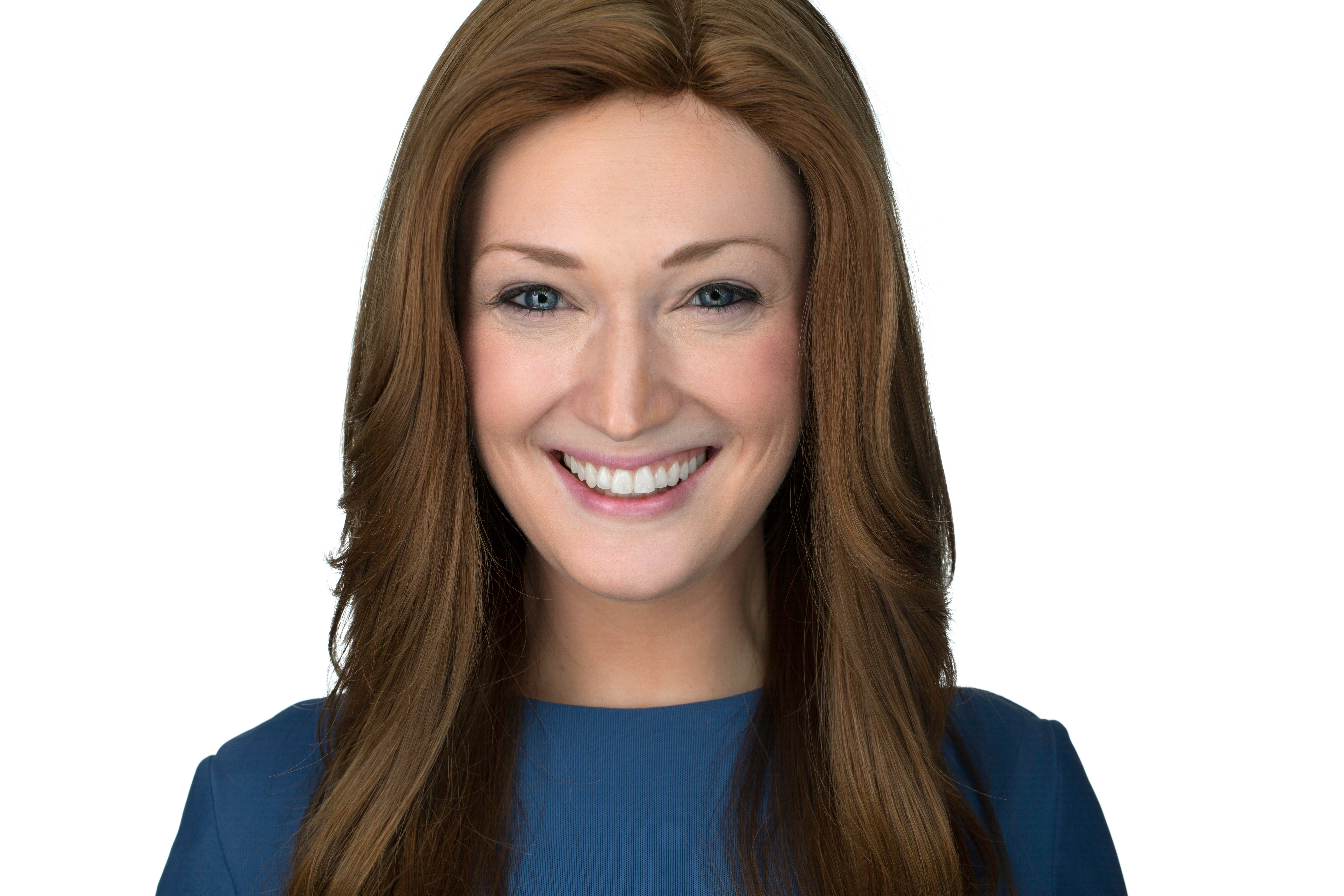How do I Find a Mentor?

There are three categories of mentors: The ones you’ll never meet, the ones you’ll pay to meet, and the ultimate mentor who meets you where you’re at

I listened to a recent podcast of yours, and one thing that really stayed with me was the part about finding mentors. It’s a theme that keeps coming up every time I speak to women in business.
It sounds wonderful in theory; I recently started a new business venture, and I could definitely use some guidance from someone who’s been there. But how exactly do I find a mentor?
Ah, the search for the elusive mentor!
The wise guru who has the answers to our dilemmas, who understands our exact challenges because they’ve been there and have found the way. Where are they all hiding?
Unlike in storybooks where there is a wise octopus hiding in a cave holding cryptic messages that promise the answers we seek, real life is a bit more like a walk along the shore. If we look closely, we can pick up gems along the way, and if we’re especially lucky, we find a set of footprints or two to follow.
There are three categories of mentors: The ones you’ll never meet, the ones you’ll pay to meet, and the ultimate mentor who meets you where you’re at, and becomes personally invested in your success.
But don’t just wait for the ultimate mentor to show up. Start by following people who you probably will never meet in real life. Find two or three public figures in your field who you admire, and then consume everything they have to offer — books, podcasts, speeches. You’d be shocked at how much you can learn from a person without their ever knowing that you exist. Yes, it’s a one-way relationship, and you may be one of millions following them. Nevertheless, it’s an excellent way to adopt beliefs and practices that can be life-changing.
Next, there are those experts who are available to the public, but at a premium cost. You may be able to afford an hour of their time. Once you’ve consumed everything they offer for free, consider investing in a personal meeting. Even one meeting with a real expert can give you the advice you’re looking for to move your business to the next level.
Lastly, to enter a relationship with someone who can serve as a true, personal mentor, start with the same first step — learn everything they have to offer.
Next, your goal is to get on their radar and establish a rapport. How do you differentiate yourself from everyone else out there who may also be angling for such a relationship? Simply follow the rule: Give before you take.
I believe that many mentor/mentee relationships are subconsciously based on people’s natural desire to leave a legacy and serve a purpose greater than themselves in the world.
Reach out directly and share how their work has made an impact on you. You’ll be shocked at how often you’ll receive a response. Continue to follow them and give specific feedback on how you are gaining from them before you ever make a personal request for advice.
By making a request of an expert, you’re asking them to invest their most valuable resource — time — into you. Smart people make smart investments; by making an ask only once you’ve established yourself as a “talmid,” you’ve shown them why you may be a worthwhile investment.
Once you do ask for personal advice, make sure you close the feedback loop by following up and sharing exactly what you did with their advice and how it helped you. This way, you’re continuing to give them something that no money can buy — the knowledge that you have become a conduit for their achievements to go further than them in the world. If you continue to do this, you’re well on your way to having a mentor who is personally invested in your success.
Don’t expect one single person to be the one-stop-shop solution for you and all of your business/career/life challenges. It’s important to have multiple mentors, each of whom you consider an expert on a specific topic.
You can and likely will outgrow many mentors. If things start to feel repetitive and less useful than they once did, take that as a sign that you’re ready to “graduate” a mentor.
You are the expert on your own life. Advice is just that — sometimes the best advice is hearing something that strikes an internal chord of dissent and clarifies that you actually have a different opinion.
Remember that you have nothing to lose from reaching out... the worse thing that can happen is that you won’t get a response.
Shaina Keren is a career consultant who helps people discover and create careers that fit their best talents, interests, and life goals. She also advises businesses on hiring and keeping “the right people in the right seat,” in a win-win approach to growing businesses and careers.
(Originally featured in Mishpacha, Issue 954)
Oops! We could not locate your form.







